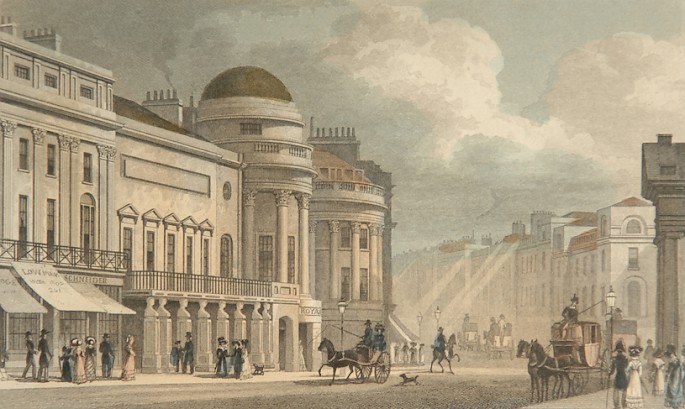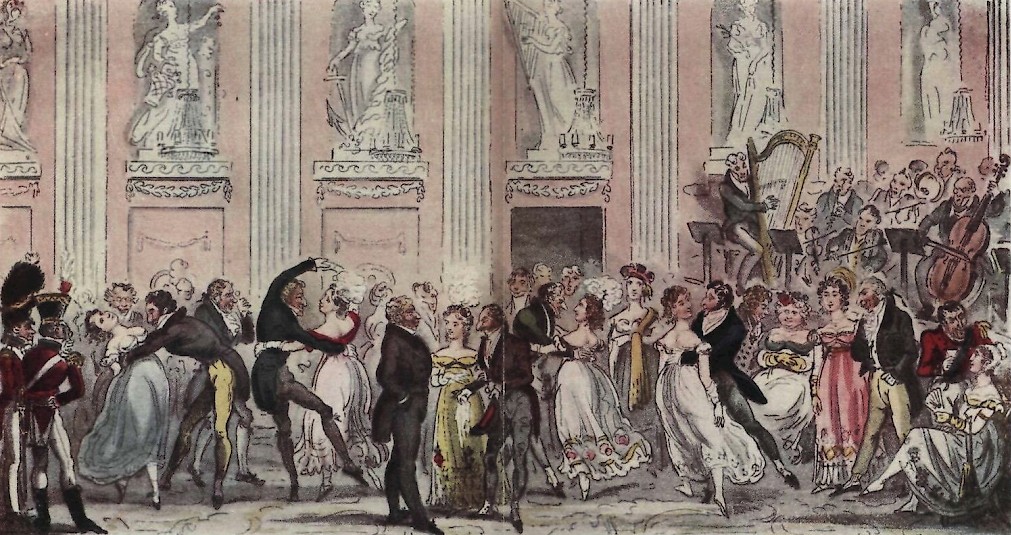A place for music
'A Place for Music: John Nash, Regent Street and the Philharmonic Society of London', Electronic British Library Journal (2013), article 12, pp. 1-48
Originally given as ‘The Philharmonic Society Founders: Why 1813?’, Invited lecture for RMA/RPS Study Day ‘The Royal Philharmonic Society: Past and Future’, British Library, London, November 2003; revised for RPS Annual General Meeting lecture, Royal Institution, 19 January 2005, and Institute of Historical Research, London, 21 February 2005
 The founding of the Philharmonic Society of London (from 1912 'Royal') has long been understood only in the simplest terms: in 1813 thirty musicians started a regular orchestral concert series to present the best classical works for select audiences. Two centuries later, a fresh look at circumstances and documents - some newly discovered - reveals a more vivid picture of action and intent behind the UK's oldest 'music-loving' society.
The founding of the Philharmonic Society of London (from 1912 'Royal') has long been understood only in the simplest terms: in 1813 thirty musicians started a regular orchestral concert series to present the best classical works for select audiences. Two centuries later, a fresh look at circumstances and documents - some newly discovered - reveals a more vivid picture of action and intent behind the UK's oldest 'music-loving' society.
Partnering with the Regency architect John Nash to erect the first purpose-built orchestral concert hall in Britain – the Argyll Rooms, Regent Street – entrepreneurial members invested in prime real estate for an even grander vision: to create an all-embracing national music institution akin to the Royal Academy of Arts, exhibiting top performances, stimulating new works, fostering research, publishing music and training young players, all without patrician interference. In positioning themselves on Regent Street, the musicians encountered multiple problems. Nash’s support was crucial, yielding a stunning multi-purpose building.

Although many of their biggest original goals had to be relinquished, the Society succeeded brilliantly in establishing world-class orchestral music at the heart of a picturesque and revitalized West End. Over the longer term, Nash's central positioning for classical music generated a clear cultural identity for the Regent Street area, in tandem with commerce, for the next 200 years.
'What a fabulous piece of research! So important. Already I want to cite it!
Stephen Banfield, professor of music
The full 48-page article in the Electronic British Library Journal, with coloured images, is free to download here. Or here.
 Langley
Langley